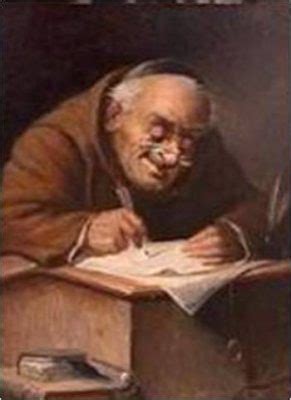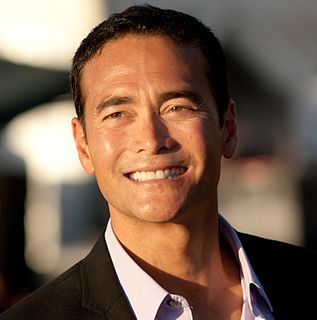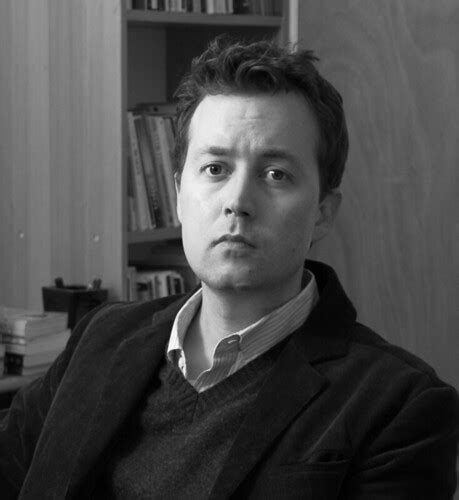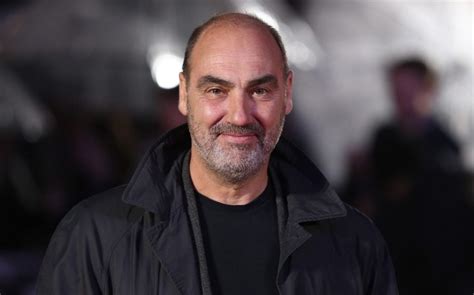A Quote by Alan Furst
'The Levanter' features some of the strongest action scenes to be found in Ambler - who can, in some of his fiction, stay in one place for a whole novel.
Related Quotes
The whole idea of action being a carrier of information is something that comes directly from theater. That's, in some ways, the one thing I've been trying to contribute. I still write things outside of architecture - not really fiction, but not nonfiction. I like dialogue as a form, because the text is only the trace of an action. The consequential information is carried in the action you choose to put on that text.
I think what people really want is fiction that in some tiny way makes their life more meaningful and makes the world seem like a richer place. The world is awfully short on joy and richness, and I think to some extent it’s the fiction writer’s job to salvage some of that and to give it to us in ways that we can believe in.
A novel is what you dream in your night sleep. A novel is
not waking thoughts although it is written and thought
with waking thoughts. But really a novel goes as
dreams go in sleeping at night and some dreams are like
anything and some dreams are like something and some
dreams change and some dreams are quiet and some dreams
are not. And some dreams are just what any one would
do only a little different always just a little
different and that is what a novel is.
My writing's like a journey. I'll know some of the stops ahead of time, and I'll make some of those stops and some of them I won't. Some will be a moot point by the time I get there. You know every script will have four to six basic scenes that you're going to do. It's all the scenes where your characters really come from.
The word which is best said came nearest to not being spoken at all, for it is cousin to a deed which the speaker could have better done. Nay, almost it must have taken the place of a deed by some urgent necessity, even by some misfortune, so that the truest writer will be some captive knight, after all. And perhaps the fates had such a design, when, having stored Raleigh so richly with the substance of life and experience, they made him a fast prisoner, and compelled him to make his words his deeds, and transfer to his expression the emphasis and sincerity of his action.
Well I liked the mixture actually. It's really good fun to have throughout a shoot to move from something which is quite character based in certain scenes where there's very little action and you're just working with actors and I suppose I've had quite a lot of practice at that. This is more action than I've had a chance to do so that was fun for me too to go into the action then and have some really good crew working with me. And sometimes you get these scenes where they blend.


































